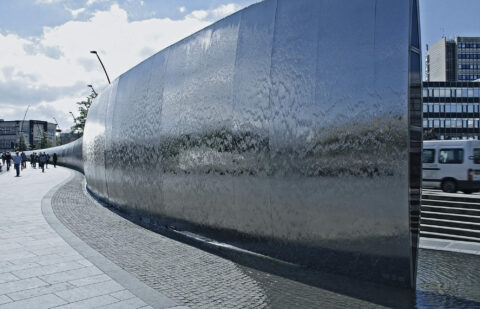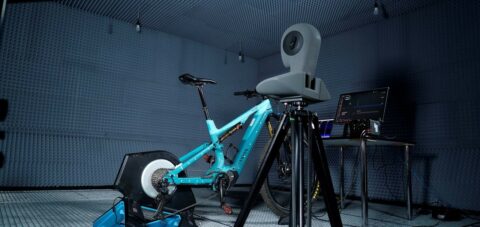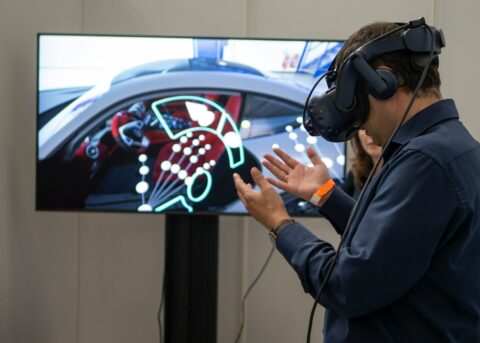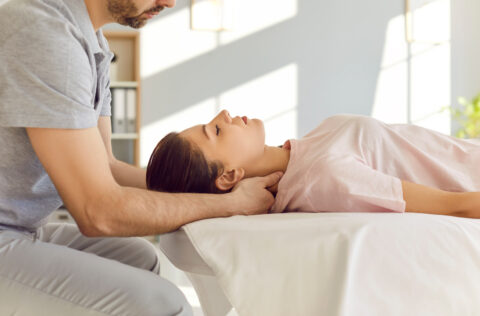
Projects
Research Training Group MOSAIC: Multi-dOmain and context-dependent Spatial approaches to AcoustIC well-being
The MOSAIC research training group, consisting of eight chairs from RWTH Aachen University, University Hospital Aachen and TU Berlin, is dedicated to researching acoustic well-being in different indoor and outdoor spaces and in various activities [...]
read moreUrban soundscapes of the world
ASAsense carried out this international project in collaboration with Ghent University from December 2016 to November 2019. A database was created that currently contains approximately 130 high-quality audiovisual recordings taken in 9 cities [...]
read moreCSI – Catalogue of Soundscape Interventions
This project was conducted by Technical University of Berlin in collaboration with University College London from January 2021 to December 2023. The aim of the project was to establish a worldwide network that systematically and transparently [...]
read moreSound Quality Label for e-bikes
The sound quality of products is becoming increasingly important. This also applies to pedelecs, which are becoming more popular among older people as well as younger buyers due to changing mobility behavior and environmental awareness. Since the [...]
read moreSALVE+
This study project was conducted by the Institute for Urban Public Health (InUPH) at the University Hospital Essen in cooperation with the Institute for Technical Acoustics at the Technical University of Berlin (TUB) from February 2022 to June [...]
read moreHybrid 3D audio playback methods for acoustic virtual reality
The first phase of this comprehensive research project was carried out by the Institute of Technical Acoustics at RWTH Aachen University from June 2016 to July 2022. The aim of the research was to develop spatial reproduction methods that use [...]
read moreVigdis Thompson Foundation – Research activities and their implementation on the subject of leptomeningopathy
Since 2019, the HEAD-Genuit Foundation has been financially supporting the Vigdis Thompson Foundation in researching and treating leptomeningopathy, rare and often misdiagnosed spinal diseases: Arachnoiditis, a chronic inflammation of the soft [...]
read morePsychobiological exploration and treatment of chronic pain – Endowed Professorship at RWTH Aachen University
The professorship is dedicated to the psychological and neurobiological foundations of chronic, particularly neuropathic pain. Chronic pain should be understood in its heterogeneity as an interaction of psychological factors, sympathetic [...]
read moreBio-Psycho-Social Study Project “Clinical-Practical Validity of Vegetative Rhythms in Peripheral Physiological Signals”
The HEAD-Genuit Foundation funded the scientific study on the validity of vegetative rhythms by the German Society for Osteopathic Medicine (DGOM) from 2016 to 2023. The vital processes in the human organism are subject to regulation by the [...]
read more








